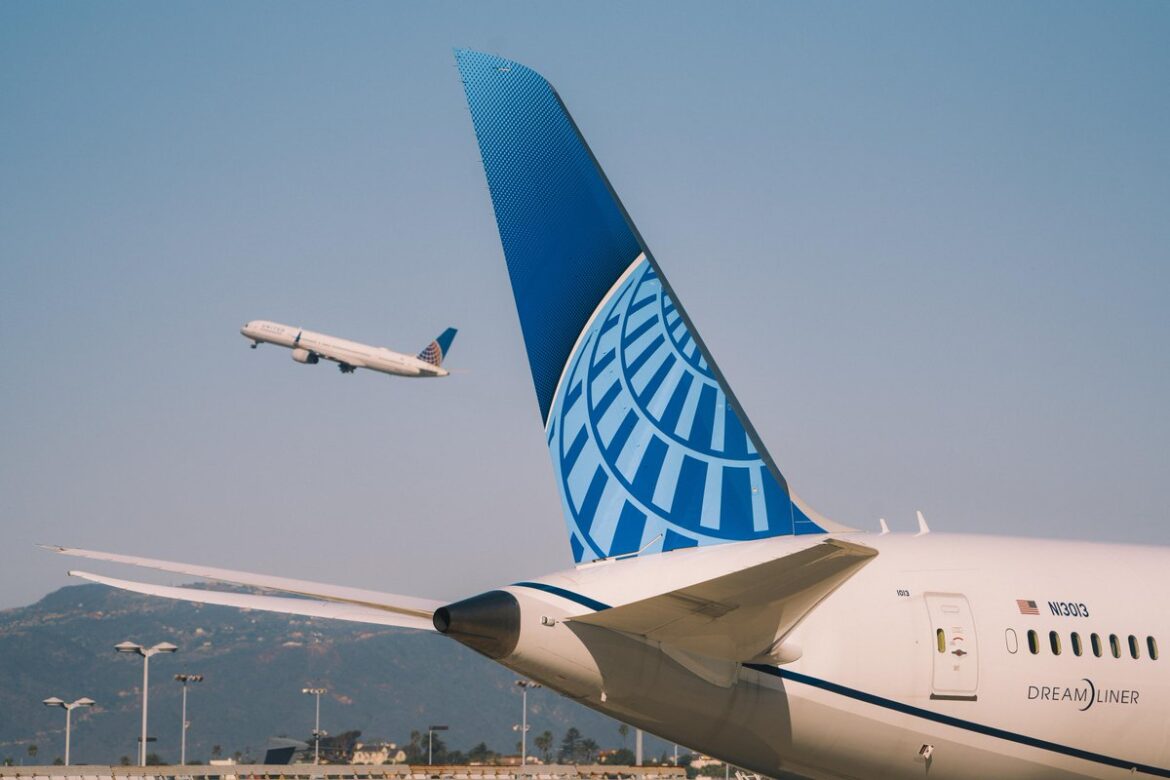Advertiser & Editorial Disclosure: The Bulkhead Seat earns an affiliate commission for anyone approved through the links below. This compensation may impact how and where links appear on this site. We work to provide the best publicly available offers to our readers. We frequently update them, but this site does not include all available offers. Opinions, reviews, analyses & recommendations are the author’s alone, and have not been reviewed, endorsed, or approved by any of these entities.
I have written a lot recently about mechanical incidents on board United flights. In recent weeks, there has been a maintenance panel that fell off of a Boeing 737-800, hydraulic failure, an issue with the main landing gear, a 737 MAX that rolled into the grass, and a trio of incidents involving a tire falling off of a Boeing 777-200, stuck rudder pedals, and an engine flame out. These incidents were all unrelated, but they have made many question what is going on safety-wise with United Airlines. Now, United’s CEO, Scott Kirby, has penned an open letter to customers.
Of all the things that make me proud of our team at United Airlines, I’m most proud of the culture we’ve built around the safety of our employees and our customers.
Safety is our highest priority and is at the center of everything we do.
Unfortunately, in the past few weeks, our airline has experienced a number of incidents that are reminders of the importance of safety. While they’re all unrelated, I want you to know that these incidents have our attention and have sharpened our focus.
Our team is reviewing the details of each case to understand what happened and using those insights to inform our safety training and procedures across all employee groups. This isin addition to some changes that were already planned, including an extra day of in-person training for all pilots starting in May and a centralized training curriculum for our new-hire maintenance technicians. We’re also dedicating more resources to supplier network management.
We empower our team to speak up and raise their hand if they see something wrong. You can be confident that every time a United plane pulls away from the gate, everyone on our team is working together to keep you safe on your trip.
In the past few years, we’ve done a lot at United to build a new culture, improve our business and earn your trust. I’m confident that we’ll learn the right lessons from these recent incidents and continue to run an operation that puts safety first and makes our employees and customers proud.
Thank you for flying United, and I hope to see you onboard soon.”
Flying is incredibly safe and continues to be one of the safest ways to travel. Thankfully, in each of these incidents there were no injuries or fatalities. This speaks to both the skill of the pilots as well as the built-in fail safety features that help when things go awry.
Anthony’s Take: I will continue to fly United Airlines and all of the other airlines in the United States. It’s good to see that United is digging into what has happened in each of these incidents.
(Featured Image Credit: United Airlines.)
User Generated Content Disclosure: The Bulkhead Seat encourages constructive discussions, comments, and questions. Responses are not provided by or commissioned by any bank advertisers. These responses have not been reviewed, approved, or endorsed by the bank advertiser. It is not the responsibility of the bank advertiser to respond to comments.
Advertiser & Editorial Disclosure: The Bulkhead Seat earns an affiliate commission for anyone approved through the links above This compensation may impact how and where links appear on this site. We work to provide the best publicly available offers to our readers. We frequently update them, but this site does not include all available offers. Opinions, reviews, analyses & recommendations are the author’s alone, and have not been reviewed, endorsed, or approved by any of these entities.
